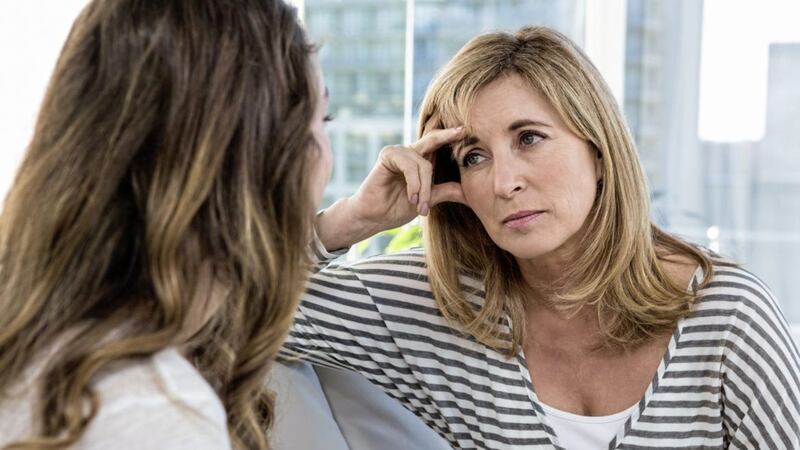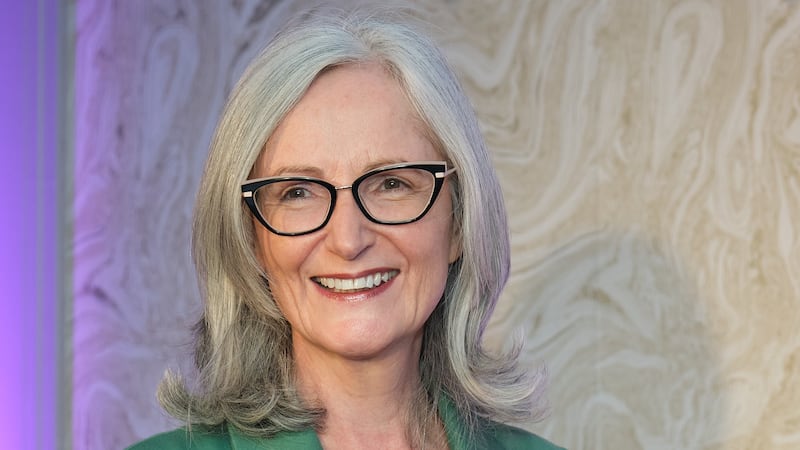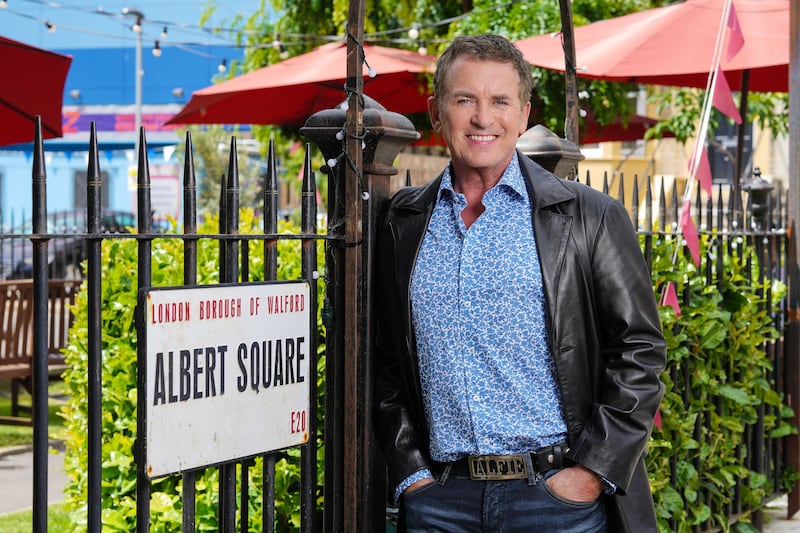IF THERE'S one conversation that families and loved ones dread to have, it's what we want to happen after we die.
It seems that we in Northern Ireland are particularly uncomfortable with talking about death. The fine details of how we want things to be are rarely talked about, be they what form we want our funeral service to take, where – or even if – we wish to be buried and who gets what in our wills.
Research from life curation website wishLockr, an online portal that saves and shares all your wishes in the event of your death, shows that 382,000 funerals take place in the UK as a whole every year where friends and family are left second guessing the final wishes of their loved ones.
Moreover, Northern Ireland topped the research as the region in which people are least likely to share their final wishes with those closest to them.
Nearly three quarter of us polled admitted we had no idea what our loved ones would want when they died; half of us haven’t taken any action to prepare for our death and nearly a fifth of us have not made a will. However, on a more positive note, half of us list seeing our children and family being happy as the thing that would make us most proud before we die.
Often families and partners realise too late the importance of having a conversation about what their loved ones really want after they die, as Cruse bereavement charity manager Eleanor Ellerslie knows only too well.
For the past three years she has been running the charity’s Beyond Words project, which aims to provide support services to bereaved people over 60, stroke survivors and their carers, and those living in sheltered accommodation.
Last October she harnessed the creative talents of service user John Caulfield for a short drama depicting the differences between two people who die in situations in which one has had the conversation with their family and the other hasn’t.
“We are not so good in Northern Ireland about talking about death. It’s really important for people to talk about death and dying. With John’s help, I used the drama to show how we all should be making plans for our death and making our wills,” says Eleanor.
“Speaking from experience, when my mother-in-law Anne died from cancer, she had her funeral all arranged, down to what hymns she wanted played at the church, to what she would wear, and had divided up all her personal items such as photographs and jewellery.
“It was so much easier for us as a family as we didn’t have to think of these things and it was a real comfort.”
Eleanor says she talks to her own children about dying and death and feels it is important for all parents to do so.
“It’s part of our life and it’s important that we all recognise it as that,” she says. “You hear all the time from people who dearly wished that they'd had the conversation. I know there are times when people have a terminal illness, people don’t like approaching the conversation.
“And of course, there can be times when there’s a sudden death and the family never expected it.”
Dealing with the end of life is also part and parcel of the job for Fiona Gilmour, who works as the Macmillan service improvement lead for palliative care within the Northern Health and Social Care Trust.
“Everyone deserves to live well, but also deserves to die well too,” says Fiona. “Planning ahead is important for all of us and in order to do that we must have open and honest conversations about the end of our life.
"It’s only by talking that we can agree what is really important to us, and put plans in place to make that happen, and the earlier we can have those important conversations with those closest to us, the better. Sharing your wishes for end-of-life care can bring you closer to the people you love.
“Each and every conversation will empower you and your loved ones. You are getting ready to help each other live and die in a way that you choose.”
Fiona says that in order to ensure that people are fully informed on the range of support options available to them, Macmillan has its own Northern Ireland-specific booklet called Your Life and Your Choices, developed in partnership with the Public Health Agency, which supports people to plan for their future care. It’s available to download online at be.macmillan.org.uk.
:: The Macmillan Support Line, 0808 808 0000, is available Monday to Friday, 9am-8pm, to provide emotional and practical support, or just to listen if you need to talk. For information on the services and support that Cruse NI provides, visit cruise.org.uk/northern-ireland or call the helpline, 0808 808 1677.








